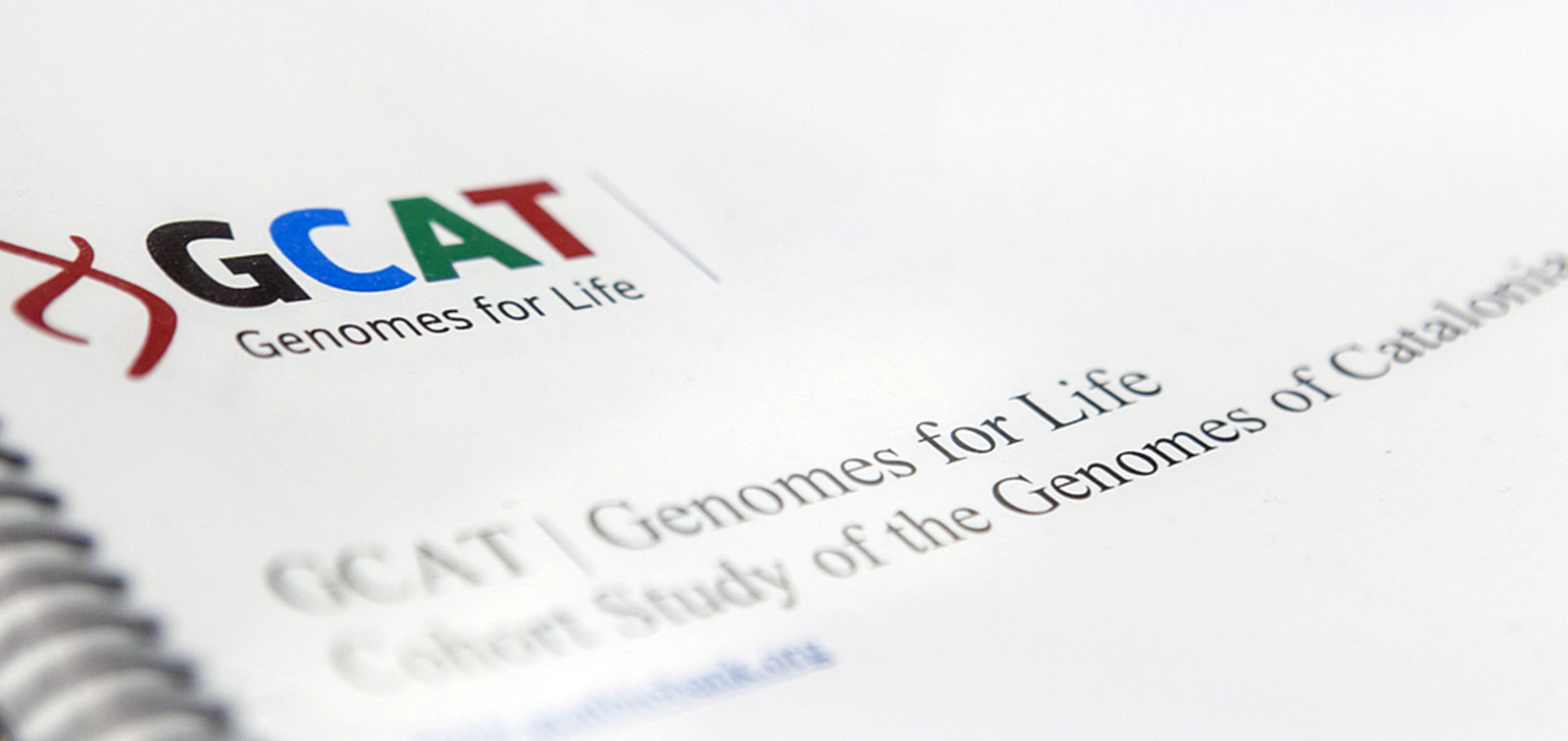The Impact of COVID-19 Will Be Explored through an Epidemiological Study on 24,000 Catalan Volunteers
ISGlobal and IGTP start the COVICAT project, which will working with existing cohorts and epidemiological studies, this means there is already associated genetic, environmental, health and lifestyle information from prior to the pandemic
11.06.2020
The COVICAT project aims to evaluate the evolution of incidences of infection by the coronavirus SARS-CoV-2 in the Catalan population during 12 months through a prospective epidemiological study of populational cohorts established before the pandemic. The study is being carried out with 24,000 people who volunteered and who are already members of different populational cohorts in a collaboration between the GCAT Genomes for Life Project of the Germans Trias i Pujol Research Institute (IGTP) and two research groups from ISGlobal, a centre supported by the ”la Caixa” Foundation, and the Hospital Clínic, Barcelona.
The study started this June, with an online questionnaire to the participants, which asked about lifestyle, work, physical activity, mental health and symptoms related to the COVID-19 pandemic during the periods before and during the lockdown.
“The questionnaire is then complemented with a voluntary blood sample, with full informed consent. The sample is used to define the serological status regarding immunity to the virus, which can be compared with previous data to study susceptibility to COVID-19,” explains Manolis Kogevinas, researcher at ISGlobal and coordinator of the project.
“What is different about this study is that all the participants were already part of populational cohorts, this means that we have data previous to the pandemic on each person: genetic data, their health history, lifestyle etc. and this brings a key added value to this epidemiological study,” explains Rafa de Cid, Scientific Director of the GCAT Project, which is one of the cohorts included and brings 20,000 of all the subjects being studied.
The populational cohorts cover a wide spectrum of the adult population (GCAT-Genomes for life and MCC-Spain) and other more specialized groups such as mothers and adolescents ( INMA Sabadell), a population at risk of respiratory disease (ECHRS and Urban Training ) or agricultural workers (LeRAgs). The study brings together a wide group of multidisciplinary experts including specialists in public health epidemiology, statistics, respiratory diseases, genomics and immunology.
COVICAT will contribute to characterizing the clinical molecular biology of the disease, its staging, prognostic stratification and complications. This will provide information on the irregular affectation and prognostics for people infected with SARS-CoV-2 through a wide analysis of the genome.
“The study will also allow us to characterize the immune response to SARS-CoV-2, by identifying the antibody response and its evolution in time in relation to symptoms. We can evaluate variations in geographic region, age, social isolation measures, lifestyle, comorbidities, genetic profile and define environmental and social factors in order to provide evidence for the public health authorities and the public so that they can reduce the negative social effects of the response to the pandemic,” explains Carlota Dobaño, Researcher responsible for the Immunology Research Group at ISGlobal.



